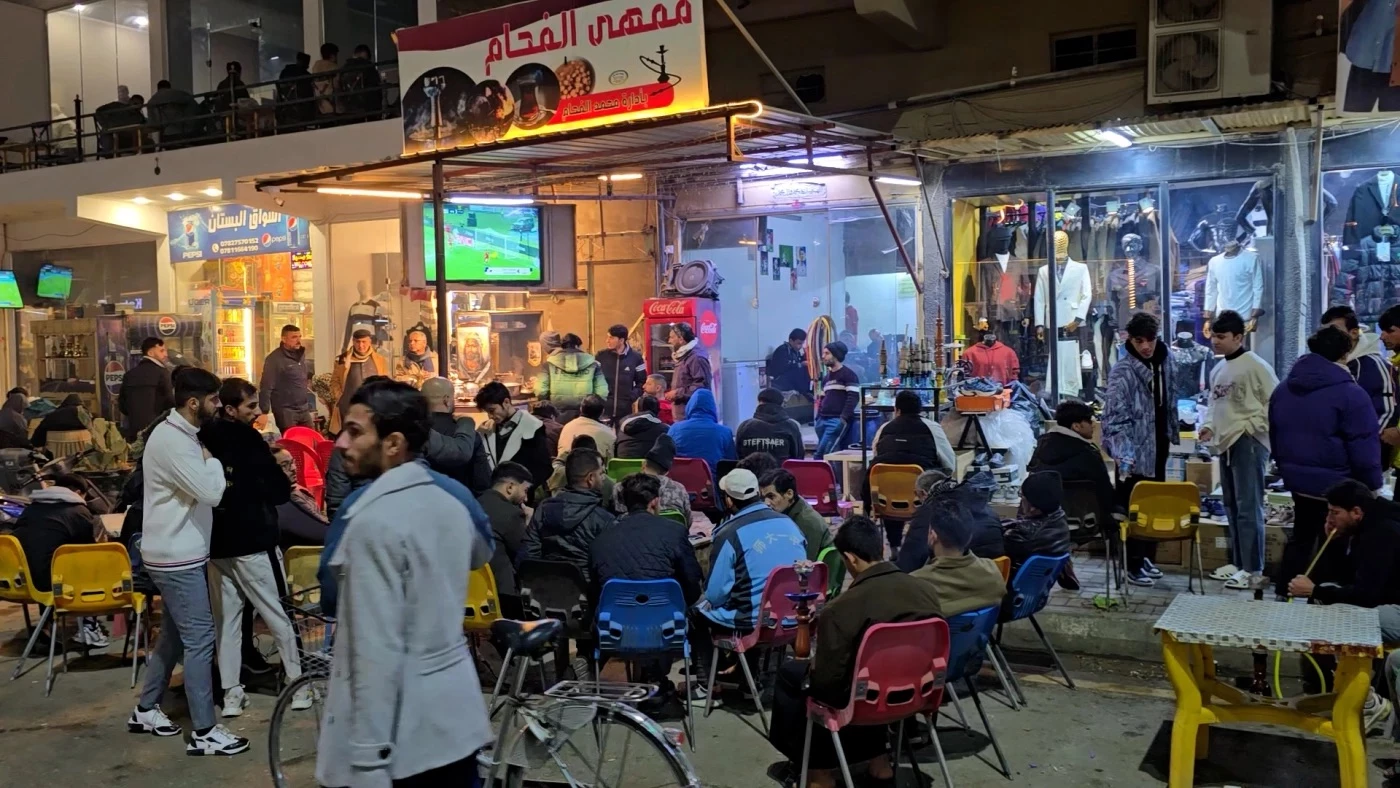ERBIL, Kurdistan Region of Iraq – Local authorities in Iraq’s Wasit province issued a set of shocking measures on Sunday, including disallowing people in what they described as “inappropriate clothing” in public places, as well as punishing cafes for letting in minors.
Wasit province police announced they would launch "a comprehensive inspection campaign of cafes, coffee shops, and public places to monitor inappropriate behavior and hold violators accountable.”
The statement detailed that "inappropriate" articles of clothing, specifically mentioning shorts, will be another matter that the investigation will probe, arguing that it "represents an uncivilized phenomenon that is inconsistent with the traditions and customs" of Wasit society.
In a separate statement later on Sunday, Wasit police elaborated that the ban on shorts was placed in response to appeals "from a large number of dignitaries, sheikhs, notables, and intellectuals in the province," in addition to demands Wasit families, who expressed concern over inconsistent behavior with "the society's well-known commitment to religious values and authentic societal norms"
The decision to target people wearing shorts comes as summer is around the corner, and Wasit is one of the hottest southern regions of the country, where temperatures often exceed 50 degrees Celsius.
“Strict legal measures will be taken against cafe owners who allow students skipping classes during official school hours and young people under the age of 18 to enter during school hours and smoke shisha,” the police forces said.
Cafeterias offering shisha are abundant in Iraq, but hardly do they check ID cards to confirm the age of their customers before serving them.
A 2012 research paper by Hamid Y. Hussein and Bushra A. Abdul Satar, submitted to the National Institute of Health (NIH), studied the prevalence of tobacco use among Iraqi adolescents, sampling preparatory and secondary school students from Baghdad.
The research put the number of shisha smokers at 4.8 percent in a sample size of over 1,700 test subjects, with a total tobacco user reaching 21 percent, placing the prevalence of tobacco use in Iraqi adolescents higher than most countries across the Middle East.



 Facebook
Facebook
 LinkedIn
LinkedIn
 Telegram
Telegram
 X
X


